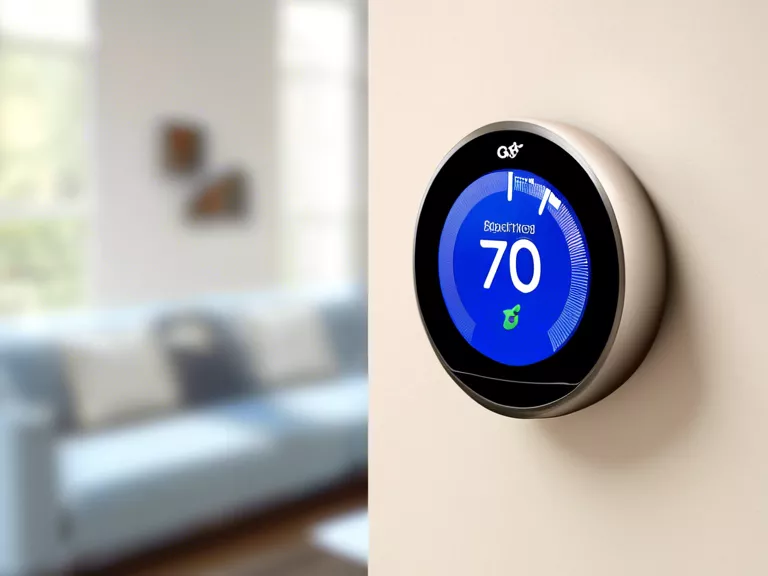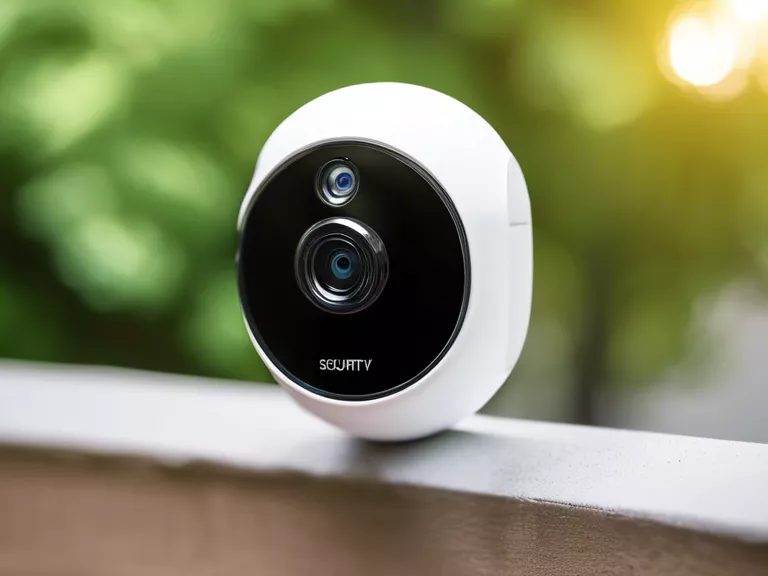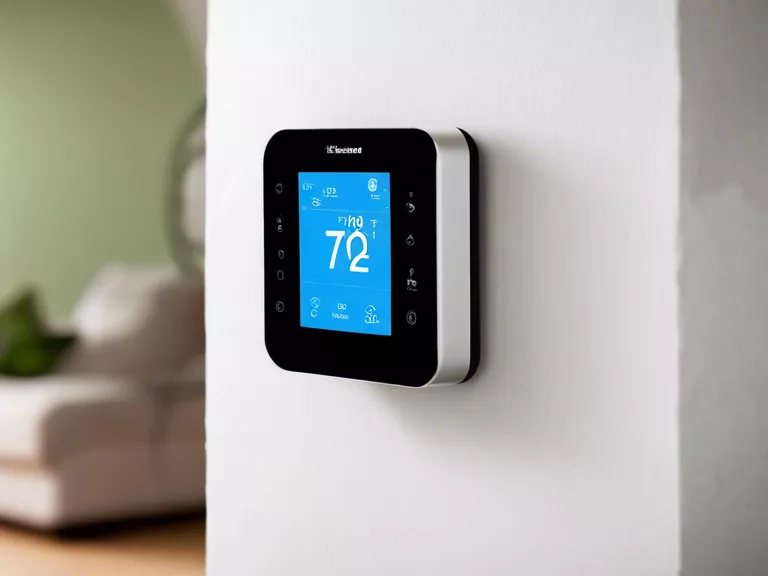
Smart thermostats are a great way to control the temperature in your home efficiently and save on energy costs. With a variety of features and compatibility options, finding the best smart thermostat for your needs can be overwhelming. In this article, we'll explore some of the top smart thermostats available on the market today that can help you manage your home's temperature with ease while reducing your energy consumption.
One popular smart thermostat is the Nest Learning Thermostat. This device is known for its sleek design and advanced learning capabilities. The Nest Learning Thermostat can adjust the temperature based on your daily routine and preferences, helping you save energy without sacrificing comfort. It also offers remote access through an app, allowing you to control your home's temperature from anywhere.
Another top contender is the Ecobee SmartThermostat with Voice Control. This smart thermostat not only allows you to control the temperature using your voice but also comes with sensors that can detect occupancy and adjust the temperature accordingly. The Ecobee SmartThermostat is compatible with various smart home platforms, making it a versatile option for those looking to integrate their smart devices.
For those on a budget, the Honeywell Lyric T5 is a reliable option that offers many of the same features as higher-end models. This smart thermostat can be programmed to follow a schedule, saving energy when you're away from home or sleeping. It also works with popular voice assistants like Alexa and Google Assistant, giving you voice control over your home's temperature.
If you're looking for a more budget-friendly option, the Emerson Sensi Wi-Fi Smart Thermostat is a great choice. This thermostat is easy to install and can be controlled remotely through a user-friendly app. It also works with Alexa, Google Assistant, and Siri for voice control convenience.
No matter which smart thermostat you choose, investing in one can help you control your home's temperature more effectively and save on energy costs in the long run.



